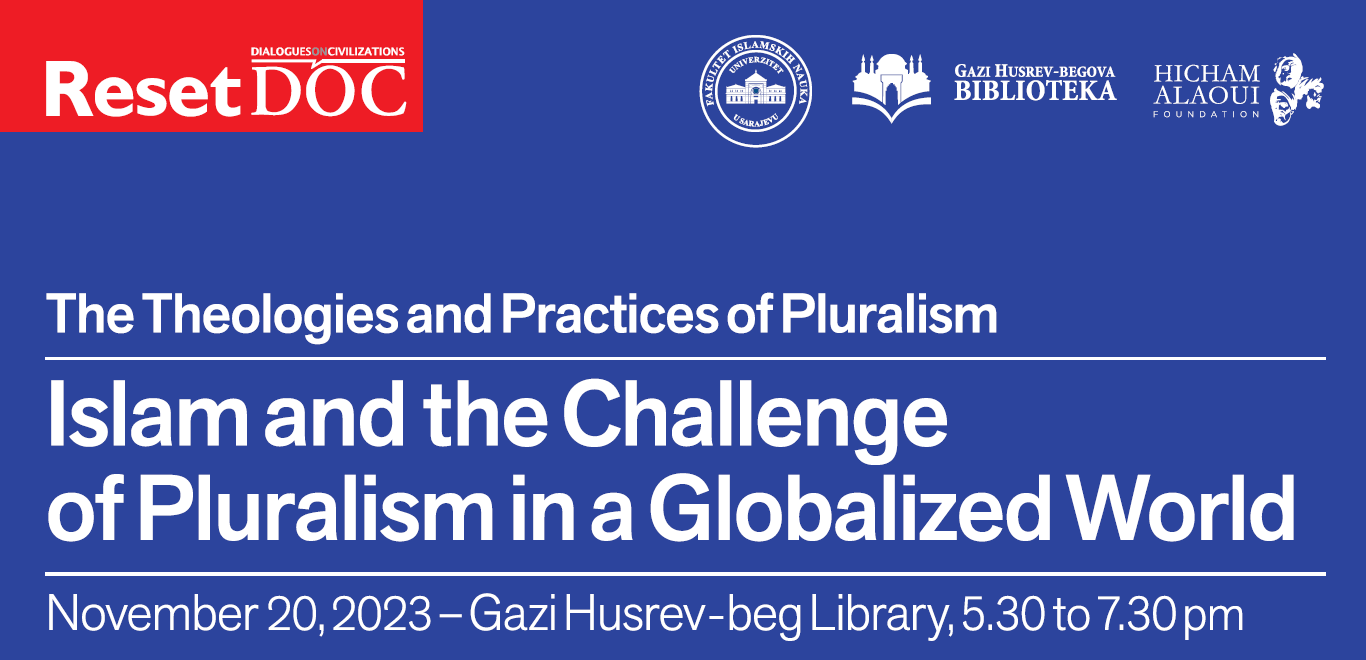
The event will present the research of the working group on Islam and Pluralism, as a component of Reset DOC’s multireligious and comparative project of Theologies and Practices of Religious Pluralism.
Since its inception, the Islamic theology has acknowledged religious difference. The Medina constitution is a unique example of “pluralistic theocracy” where the Prophet Mohammed and the nascent Islamic community acknowledged in their midst, the People of the previous monotheistic revelations (Ahl Al Kitab). Throughout history, Islam has had lengthy encounters with other religions such as Hinduism and Buddhism, given that two-thirds of Muslims live in South and Southeast Asia. Another historic feature of Islamic pluralism is the internal diversity of religious opinions within the Sunni tradition with the continued existence of four major schools of jurisprudence and their recognition of acceptable differences or Ikhtilaf. At the same time, Sunni-Shia dynamics have always been a sensitive political issue impacting theologies and practices of negotiating the diversity and plurality inherent within Islam.
The panelists will discuss the findings of the working group on Islam and Pluralism by addressing both internal and external diversity, focusing on Sunni-Shia relations, gender, blasphemy and apostasy. They will also engage in a comparison of similar challenges in the Catholic, Orthodox and Jewish traditions.
WELCOME REMARKS:
AHMET ALIBASIC
GIANCARLO BOSETTI
PRINCE MOULAY HICHAM
INTRODUCTION/CONVENOR:
JOCELYNE CESARI
PARTICIPANTS: JOSE CASANOVA, AHMET ALIBASIC, NEDZAD GRABUS, PRINCE MOULAY HICHAM, MOHSEN KADIVAR, MAAYAN RAVEH, JERUSHA RHODES
